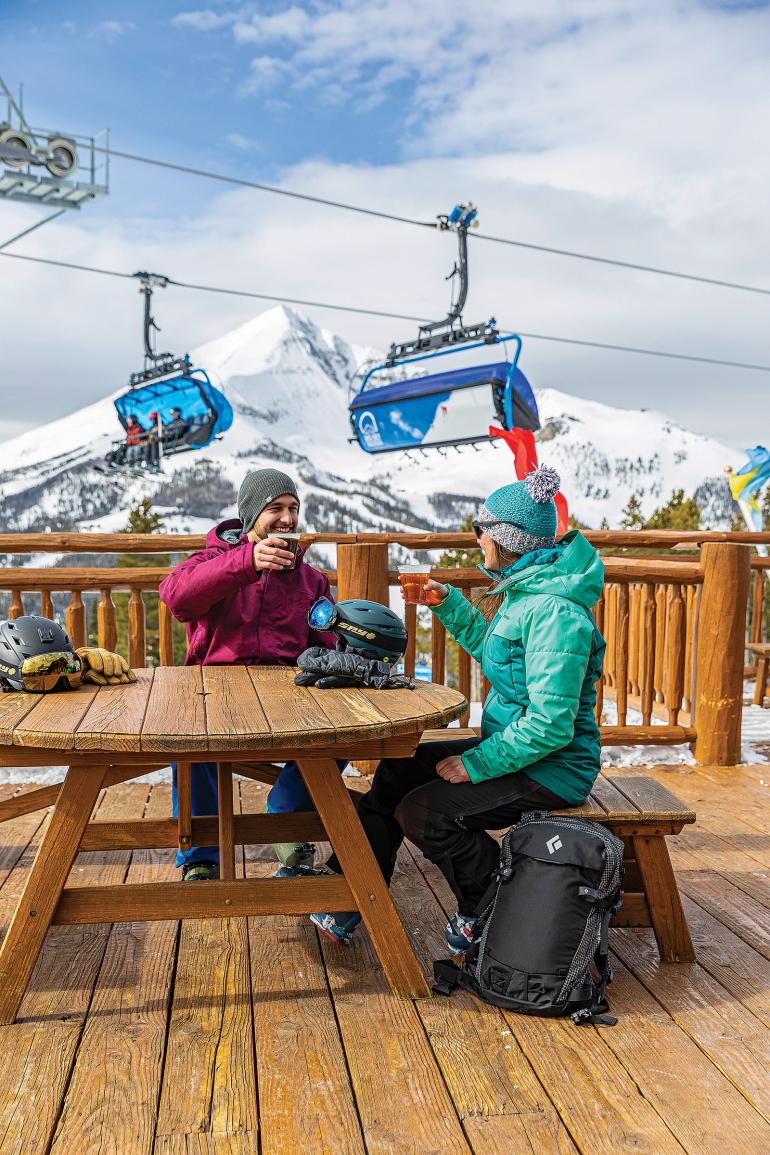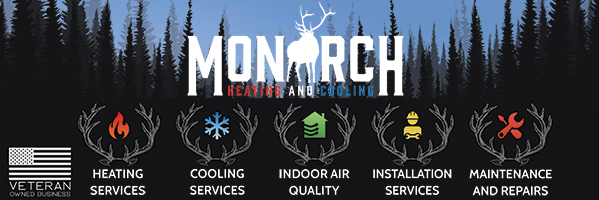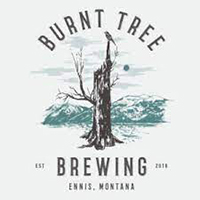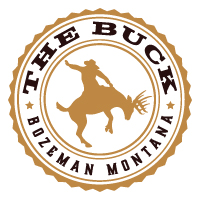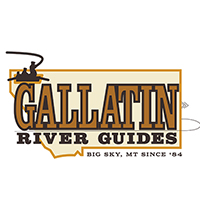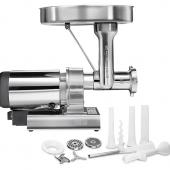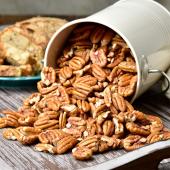Glass Half Full
Benefits of apres-ski beer.
After a strenuous day on the slopes, few things sound as inviting as a cold, refreshing beer. And in a mountain town with no shortage of breweries, kicking back and rewarding yourself with a brew is a ski-day staple. But as a dietician who works with mountain athletes, I’m always looking for ways to optimize post-exercise recovery while keeping things enjoyable. In my mind, beer deserves a spot right alongside well-known recovery drinks like chocolate milk, protein-shakes, water, and sports drinks. Yes, you read that right—beer. Let’s explore the benefits and caveats of our favorite golden liquid as a recovery beverage.
Potential Benefits
Carbohydrates
When you’re out and about in the winter, your body’s energy stash (carbohydrates stored as glycogen) takes a serious hit. Whether gliding Nordic trails or powering through a backcountry tour, glycogen reserves are like the vault in a heist movie—slowly but surely getting emptied. Even resort skiing and ice hockey tap into them. Fortunately, beer is brewed from grains, and therefore contains carbohydrates. These carbs can aid in refilling depleted glycogen stores, allowing you to hit more powder the next day.
Electrolytes
Some light beers, specifically 4% ABV or less, carry a sneaky stash of electrolytes—sodium, in particular. That’s right; even after an icy workout, you can still cheers with your pals and replenish what you’ve shed—whether in liquid or solid form. “Electrolyte beers” are also finding their way into stores across the West. These brews are boosted with sodium, potassium, and magnesium, which help replenish the body.
Antioxidants
We’re all familiar with that quadricep burn that leaves us cursing the next day. But what if there was a way to alleviate that burn? Thanks to hops, most beer contains antioxidants like polyphenols. These antioxidants battle against exercise-induced oxidative stress and inflammation, reducing soreness the next day.
The Downsides
Dehydration
Yes, beer is primarily composed of water; however alcohol is a diuretic, which means it causes you to pee a lot. Research suggests that dehydration levels are higher after consuming a 5% ABV or higher beer, compared to low-alcohol beer or non-alcoholic beer. While enjoying a single beer might not trigger a catastrophic recovery meltdown, going overboard with your alcohol indulgence can turn your post-exercise rejuvenation into a bumpy ride.
Nutrient Content
Beer contains calories as carbohydrates, but does not contain other macronutrients like protein, which is also necessary for recovery. If you are replenishing with only beer, you’re missing out on maximal muscle recovery.
Sleep Disturbance
Alcohol is a central-nervous-system depressant, making you feel relaxed and initially drowsy. But as your body metabolizes the alcohol, disturbances in sleep cycle appear, including reduced REM sleep and night sweats. Poor sleep can have a detrimental impact on recovery.
Dos and Don’ts
Here’s how to savor that post-ski brew while honoring recovery.
DO: Indulge responsibly
DON’T: Pound back a whole sixer in the parking lot.
DO: Drink water and eat salty foods to counteract the dehydrating effects of beer.
DON’T: Expect to replenish electrolytes from a couple of brewskis alone.
DO: Include food in your recovery. Your body still needs other nutrients to aid in recovery.
DON’T: Just feed your body hops and barley.
There you have it. Beer has its recovery pros and cons. Research points its finger at alcohol as the party pooper in the recovery, but it does have a place in the mountain athlete’s lifestyle. At the end of the day, moderation and thoughtfulness are your trusty guides to recovery from winter activities.
Rachel Nawrocki is a Registered Dietitian and fitness trainer at the Mountain Project in Bozeman.

